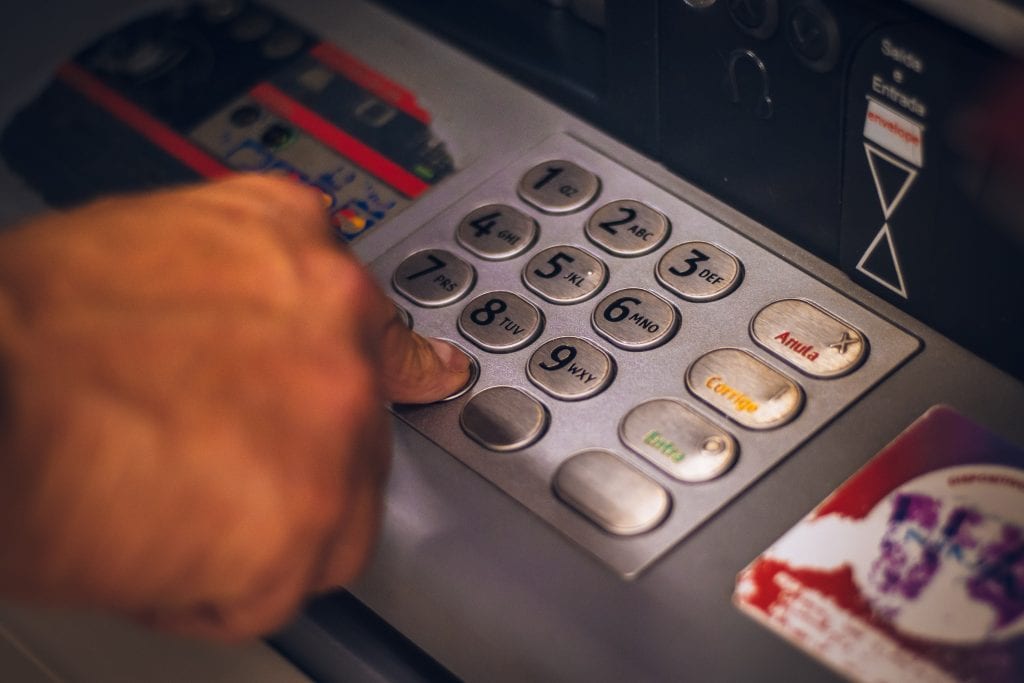The quest for increased deposits among credit unions is a never ending struggle. Now, some CUs have turned to gamification, by means of sweepstakes, to incent their customers to save more.
According to an article in American Banker, “Prize-linked savings accounts get a boost from flood of new deposits,” here’s how it works: If you are a member of a participating credit union and make at least one deposit a month into a savings account, then your name is entered into a sweepstakes. Before you ask, the article fails to mention what types of prizes or rewards winners actually get.
So far the results have been rather impressive:
The Wisconsin Credit Union League’s Wincentive has seen a 76% increase in deposits this year, compared to a 41% increase in 2019, though Tara Krejcarek, SVP of strategic partnerships at the league, noted, “it’s not all attributed to COVID — we’ve added another credit union who participated, we had [some] promotions [and] we had our annual prize drawing.”
Still, she said, “we definitely have seen a larger increase than normal.”
Similarly, Minnesota’s Wincentive program has seen a 45% increase in balances since the start of 2020, according to Julia Miller, communications director for the Minnesota Credit Union Network.
With all that said, there are a number of other factors, besides a sweepstakes, that may be driving up savings. For example, people are spending less during the pandemic. Fewer people are taking vacations, and some have even cut back on major purchases, which means the money stays in the account. On top of that there has been the federal stimulus package that put $1,200 in everyone’s account. With the uncertainty around the economy and further stimulus some are worried that the rush to save that these credit unions are benefitting from may not continue. With all this going on, they cannot say, with any certainty, that the sweepstakes is the primary reason savings deposits are going up.
“We can certainly conclude that it may be because of the stimulus payments and the increased unemployment, however, it may just be that people were kind of scared by COVID and now they’re looking to prepare better for the future,” said Moore. “We don’t have any empirical data to say it was stimulus or unemployment because credit unions don’t track it at that level.”
Even without this empirical proof that these incentive program actually work at improving deposits, it appears that these programs will continue until such time as they can prove they no longer are effective.
Overview by Peter Reville, Director, Primary Research Services at Mercator Advisory Group
